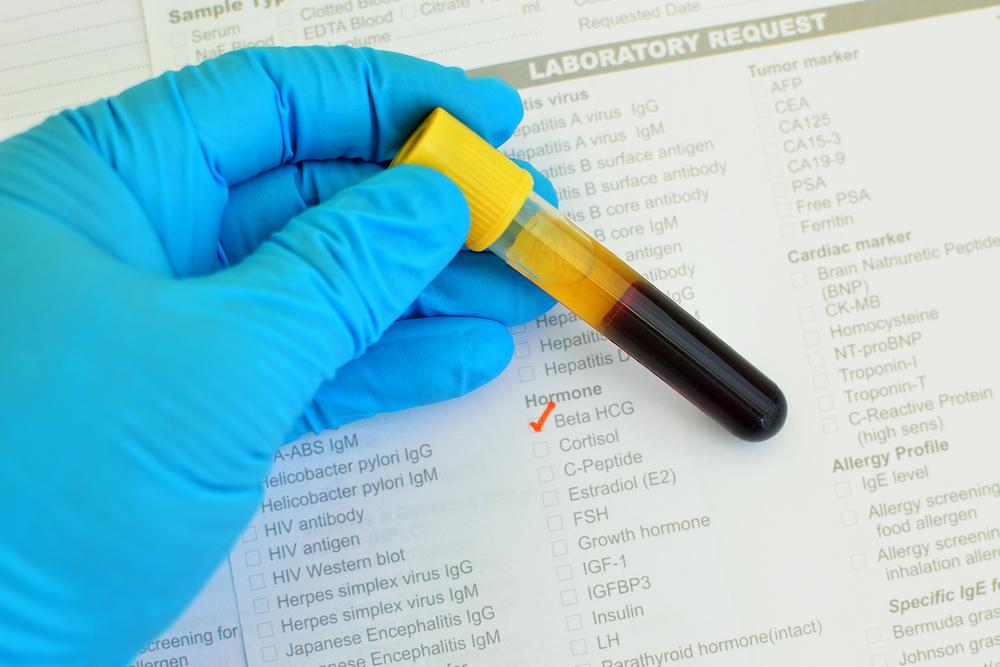Innovative Immunotherapy Strategies in the Fight Against Multiple Myeloma
This article explores the latest advances in immunotherapy for multiple myeloma, highlighting new drug approvals, treatment strategies, and ongoing research efforts. It discusses how harnessing the immune system can improve management of this challenging blood cancer, offering hope for better patient outcomes through precision medicine and innovative techniques like CAR T-cell therapy. Learn about the mechanisms, benefits, and side effects of these cutting-edge therapies shaping the future of multiple myeloma treatment.

Innovative Immunotherapy Strategies in the Fight Against Multiple Myeloma
Multiple myeloma is an aggressive form of blood cancer that originates in the plasma cells located within the bone marrow. This disease is characterized by the abnormal growth and accumulation of malignant plasma cells, which can cause extensive damage to bones, impair kidney function, and weaken the immune system. It is also known as plasma cell myeloma and remains a challenging disease to cure, although significant advancements have been made to manage its progression effectively. As the second most common blood cancer in the United States, multiple myeloma continues to pose substantial treatment challenges, prompting researchers and clinicians to explore innovative therapeutic options, especially immunotherapy, to improve patient outcomes.
Diagnosis of multiple myeloma involves detecting abnormal plasma cell proliferation within the bone marrow, along with the presence of abnormal proteins in the blood or urine. The primary goal of treatment is to control disease progression, alleviate symptoms, and prevent organ damage, although a definitive cure remains elusive. Traditional treatments include chemotherapy, stem cell transplants, radiation therapy, and targeted medications. Over the past decade, immunotherapy has gained prominence, revolutionizing the approach to treating this complex disease by harnessing the body's immune system to fight cancer cells more effectively.
Understanding Immunotherapy in Multiple Myeloma
Immunotherapy refers to a range of innovative treatments designed to boost and direct the immune system's natural ability to combat cancer. In multiple myeloma, various immunotherapeutic strategies are being deployed and refined to improve efficacy and reduce side effects. These approaches focus on three main mechanisms:
Restoring immune function: This involves the use of immunomodulatory drugs (IMiDs) and agents that block immune inhibitory pathways to counteract tumor-induced immunosuppression.
Stimulating tumor-specific immune responses: Vaccines and other biologics are used to activate immune cells against myeloma-specific antigens, enabling targeted attack.
Targeted cell eradication: Advanced techniques include extracting a patient's T-cells, genetically modifying them (CAR T-cell therapy), and reintroducing them into the patient to seek and destroy malignant plasma cells.
Recent breakthroughs include the approval by the U.S. Food and Drug Administration (FDA) of two novel drugs specifically for relapsed multiple myeloma. One is a groundbreaking monoclonal antibody targeting resistant or rapidly progressing cases, offering new hope for patients who have failed previous therapies. The other drug enhances the immune response, empowering the body's defenses to target residual cancer cells in patients who have undergone one to three prior treatments.
Despite the promising developments, immunotherapy can cause various side effects. Patients might experience infusion-related reactions, fatigue, respiratory issues, back pain, fever, nausea, persistent cough, and low blood cell counts. Managing these adverse effects is crucial to ensuring patients can continue their treatment regimens effectively.
The integration of immunotherapy and precision medicine in multiple myeloma management signifies a new era in cancer treatment. Advancements in understanding relapse mechanisms, developing therapies to overcome drug resistance, and optimizing immune system engagement are critical steps toward improving survival and quality of life for patients battling this disease.
Ongoing clinical trials and research initiatives aim to expand the arsenal of immunotherapeutic options, ultimately striving for more durable remissions or potential cures. As scientists decode the complex interactions within the tumor microenvironment and immune system, personalized immunotherapy strategies are poised to become the centerpiece of multiple myeloma treatment in the coming years, offering renewed hope to patients worldwide.





